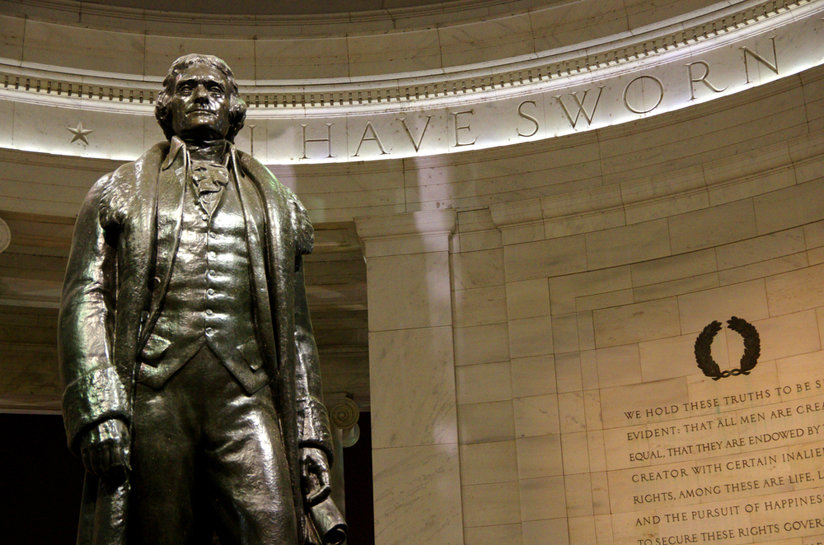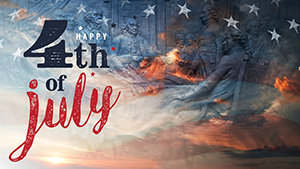
-
HOME
-
WHAT IS STANDOur Mission Our Values Our Help Contact
-
WHAT WE FIGHT FORReligious Freedom Religious Literacy Equality & Human Rights Inclusion & Respect Free Speech Responsible Journalism Corporate Accountability
-
RESOURCESExpert Studies Landmark Decisions White Papers FAQs David Miscavige Religious Freedom Resource Center Freedom of Religion & Human Rights Topic Index Priest-Penitent Privilege Islamophobia
-
HATE MONITORBiased Media Propagandists Hatemongers False Experts Hate Monitor Blog
-
NEWSROOMNews Media Watch Videos Blog
-
TAKE ACTIONCombat Hate & Discrimination Champion Freedom of Religion Demand Accountability
National Religious Freedom Day—What It Means

(Photo by LO Kin-hei/Shutterstock.com)
Today, National Religious Freedom Day, commemorates the January 16, 1786 adoption of Thomas Jefferson’s Virginia Statute for Religious Freedom. The document’s title reads simply: “An act for establishing religious freedom.”
The landmark statute, one of Jefferson’s proudest accomplishments, paved the way for the First Amendment and the religious freedom enjoyed by hundreds of millions in America today. In the instructions Jefferson left for the monument to be erected over his own grave, he directed that the following serve as his epitaph: “Here was buried Thomas Jefferson, Author of the Declaration of American Independence, of the Statute of Virginia for religious freedom, & Father of the University of Virginia.”
“By these, as testimonials that I have lived, I wish most to be remembered,” wrote Jefferson.
The Virginia Statute he authored famously and eloquently reads: “Be it enacted by General Assembly that no man shall be compelled to frequent or support any religious worship, place, or ministry whatsoever, nor shall be enforced, restrained, molested, or burthened in his body or goods, nor shall otherwise suffer on account of his religious opinions or belief, but that all men shall be free to profess, and by argument to maintain, their opinions in matters of Religion, and that the same shall in no wise diminish, enlarge or affect their civil capacities.”
Two hundred and thirty-five years later, in concert with religious and nonreligious groups across the nation, STAND today celebrates this foundational moment in history with respect and appreciation for its role in ultimately making the “first freedom” of all Americans a constitutional guarantee.






